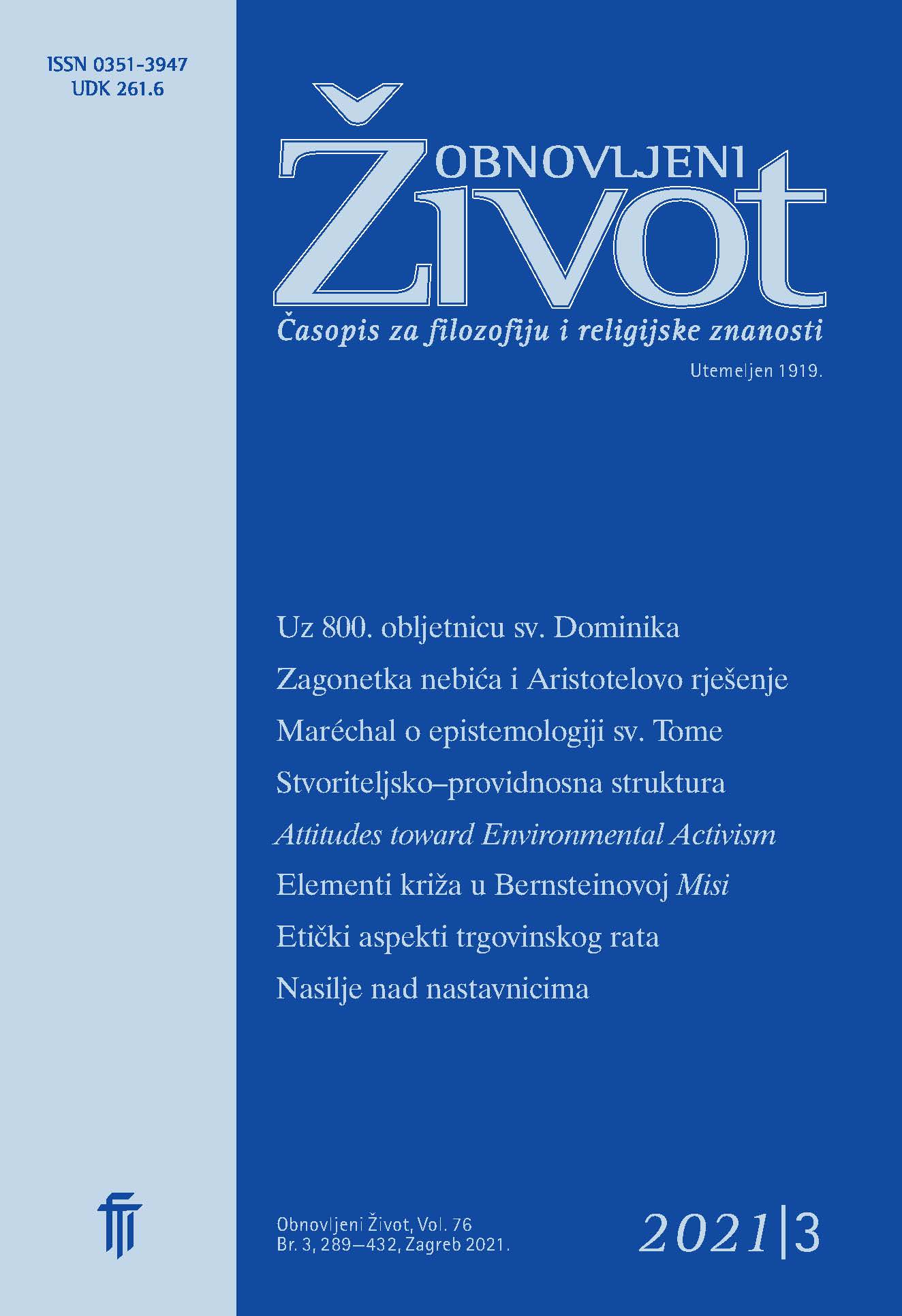The Puzzle of Non–Existence and Aristotle’s Subject–Predicate Analysis
Keywords:
existence, non–existent being, predication, ways of beingAbstract
According to the well–known argument, a traditional conception of existence and predication leads to the infamous paradox of non–existence. For instance, the sentence ‘Pegasus does not exist’ commits us to accept that there is something that does not exist. The easy way out is to analyze existence as a second–order concept expressing that there is at least one instance of some first–order concept. In this article, I argue that the traditional conception of existence and predication does not lead to the paradox of non–existence. Negative existentials simply are not subject–predicate sentences that select existing beings only to deny them the property of existence. Aristotle’s insistence that being is not a genus, i.e. that being is not a predicate of some subject, is pivotal. Furthermore, Aristotle does not have a uniform conception of existence and predication. According to Aristotle, to be is to be an item in the categorical scheme, and consequently, every predication of some being should be analyzable as one of the most general types of predication according to the categorical scheme. However, in the conceptual framework of Aristotle’s philosophy, there arises a different problem of non–existence. For instance, ‘Pegasus is thought–about’ might commits us to accept that Pegasus is a being of some kind. I reconstruct Aristotle’s solution as being satisfactory in the light of his understanding of predication and existence. Moreover, I suggest that a similar puzzle leads many contemporary philosophers to an abandonment of the Quinean concept of existence and predication in favour of a more traditional approach.
Downloads
Published
Issue
Section
License
Jednom prihvaćeni članak obvezuje autora da ga ne smije objaviti drugdje bez dozvole uredništva, a i tada samo uz bilješku da je objavljen prvi put u Obnovljenom životu. Uredništvo će obavijestiti autora o prihvaćanju ili neprihvaćanju članka za objavljivanje.
Članci objavljeni u časopisu se, uz prikladno navođenje izvora, smiju besplatno koristiti u obrazovne i druge nekomercijalne svrhe.


